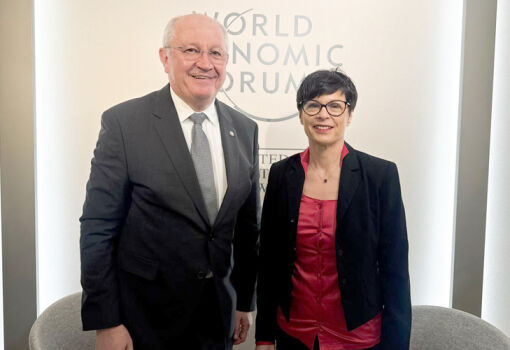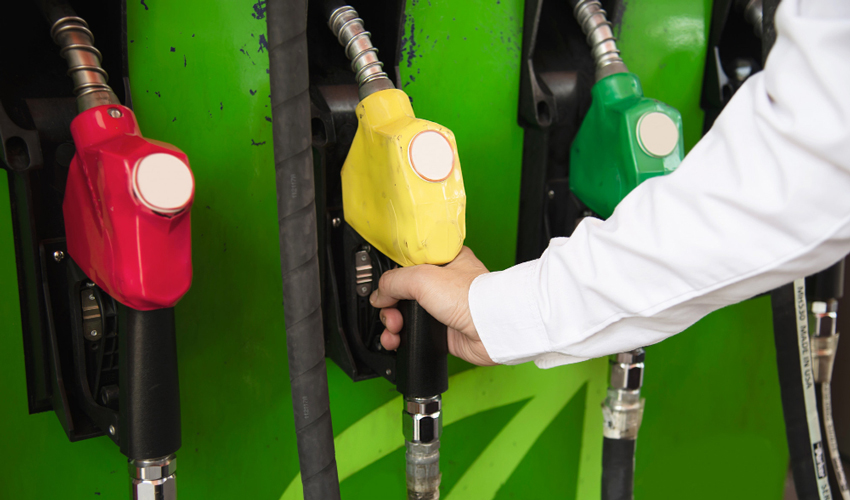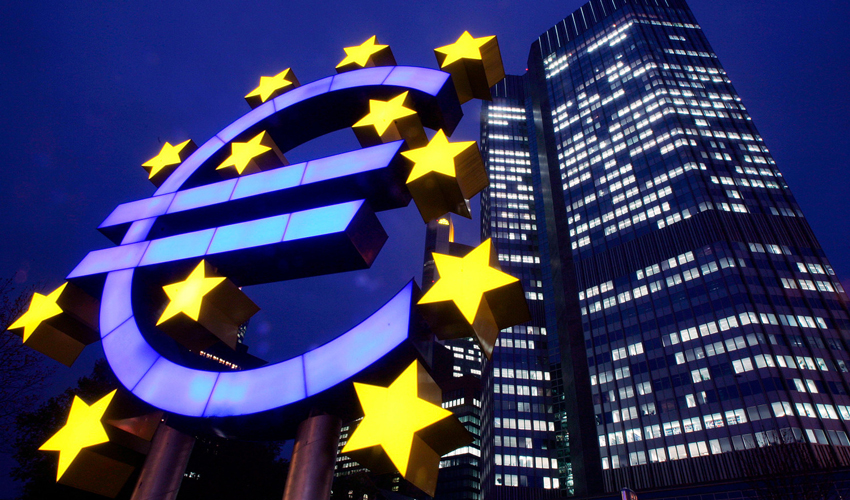
Mircea Baciu, entrepreneur
Thus, there is an intention to introduce VAT on cars (initially it was planned that VAT on cars would be introduced from 2026, but then it was postponed until the EU accession), two different taxes will be introduced for vehicle owners, revaluation of real estate will begin, including for the purpose of establishing a new rate of the relevant tax, etc.
The existence of these efforts is quite natural, given the situation we are witnessing in a number of important areas of activity that directly affect the state budget. For example, exports continue to decline: last year alone they fell by about 13%, and this trend is continuing this year. Agriculture is in decline – down 14.6% last year and 5.8% in the first half of this year. The real estate market is stagnating: the number of real estate transactions has fallen by about 70% in just one year. In fact, the situation is relatively favorable only in construction, in the production and supply of electricity and gas, in some areas of the processing industry, as well as in wholesale and retail trade. However, this is not enough to cover the needs of the state budget.
We do not know yet what the state budget-2026 will look like, which the new government will have to develop, approve and submit to the parliament at an accelerated pace. But, according to some sources, the budget deficit will be at least at the level of the one initially approved for 2025 – more than 13 billion lei. It is unrealistic to count on rapid economic growth. Even if the new Cabinet is highly efficient, it will take time to unblock some processes and ensure significant economic growth.
Even the most authoritative international institutions are very cautious in forecasting the growth of Moldova’s economy and operate with relatively small figures. Under these conditions, it is obvious that the new government will have to rely not on immediate economic growth, but on alternative methods of increasing the state budget. But here the room for maneuver is very limited.
The new government will not be able to rely (in the same proportion as previous governments) on attracting external loans, nor on borrowing on the domestic market (in the same proportion as previous governments). Moldova’s public debt is already approaching 130 billion lei, with external debt accounting for about two-thirds of this amount. It can be assumed that this makes some potential creditors more cautious in their relations with Moldova. Especially since there is still no clarity about the new memorandum with the International Monetary Fund, which is a key indicator for other donors. And even if money from abroad were attracted in the same proportions as before, it would still not save the state budget, as the burden of previously taken loans is huge, and almost all the incoming money will go to service the external debt.
In this situation, we come to the logical conclusion that raising or introducing new taxes and fees is inevitable, no matter how unpleasant it may sound. The introduction of VAT on cars (in a few years), new taxes for drivers and possible new taxes as a result of real estate revaluation will not be enough. New taxes will be needed and I believe there will be intensive work in that direction. I would not like to give my opinion on other industries, however, I will make a few important points related to the industry in which I work.
Thus, I have repeatedly spoken about the need to introduce new rules regulating the activity of international online platforms in Moldova. They should be aimed at:
– introduction of VAT on all goods from third countries (non-EU), regardless of the amount;
– introduction of customs duties on all goods from third countries with a value above 150 euros (initially, the price threshold should be removed or standards harmonized with the EU);
– introduction of mandatory registration of large trading platforms for VAT on all online goods;
– unification of imports carried out by legal entities and individuals;
– ensuring translation of instructions into the state language, as Moldovan importers do;
– equivalence of requirements for import of medicines and food supplements, etc.
Adoption of these measures will ensure equal, non-discriminatory conditions for all; protection of local entrepreneurs; the state budget will receive significant additional funds to help the authorities deal with the budget deficit, as well as other needs. Therefore, all that is required is foresight, understanding of real needs, but most importantly, political will.
Mircea Baciu,
Moldovan entrepreneur













